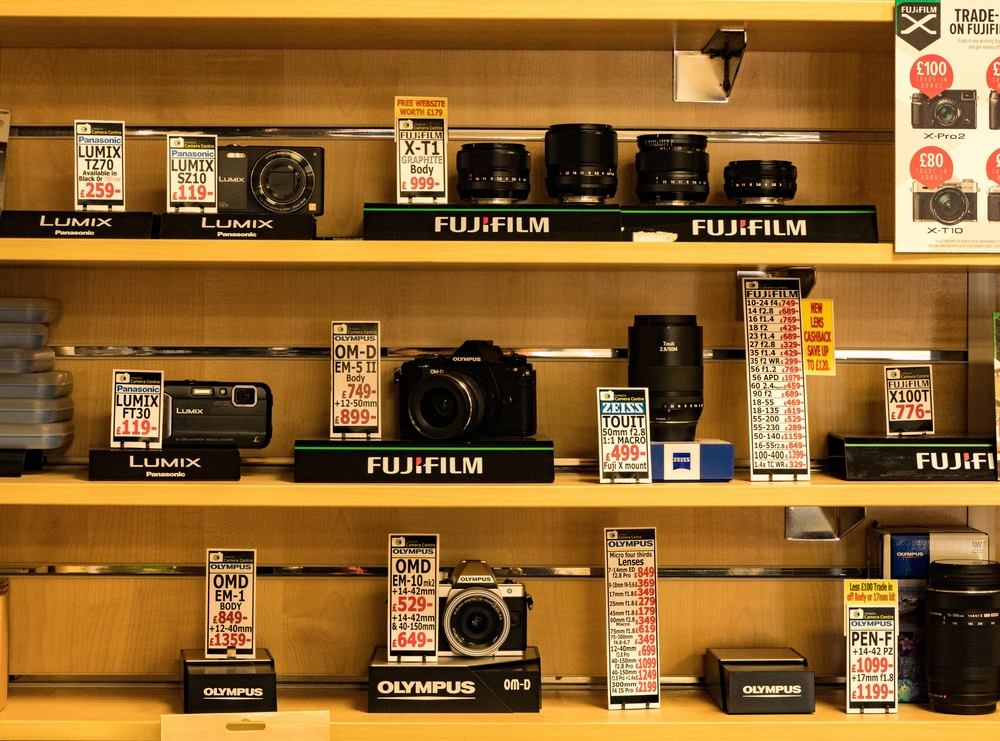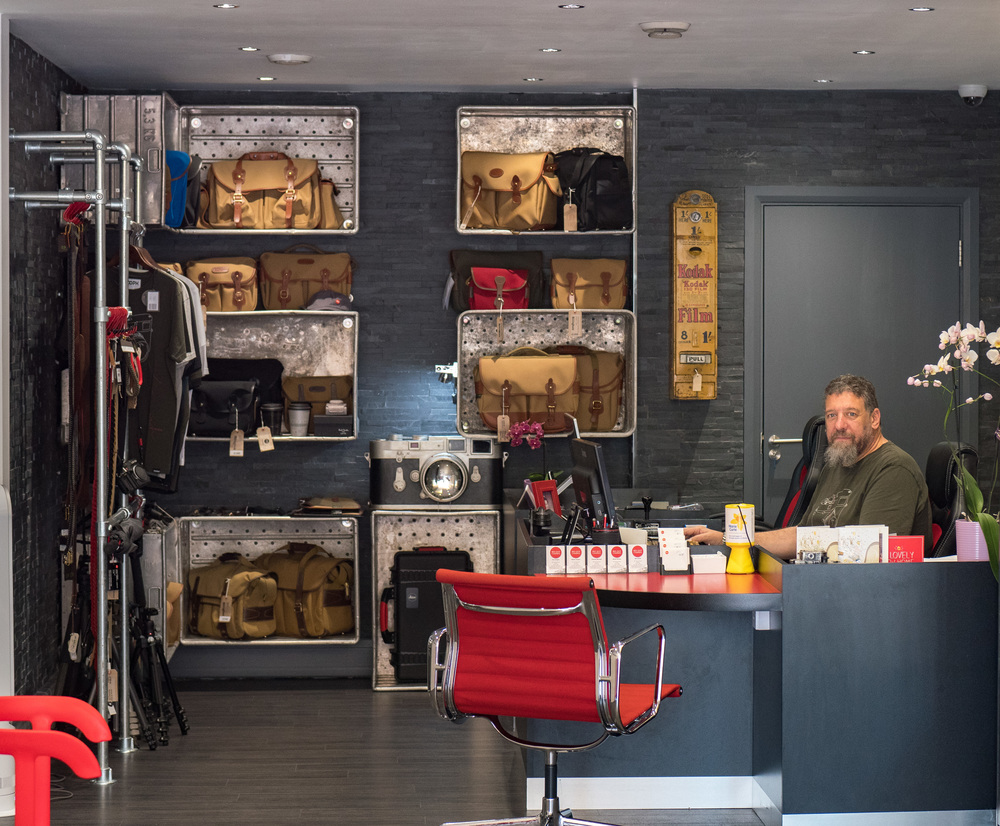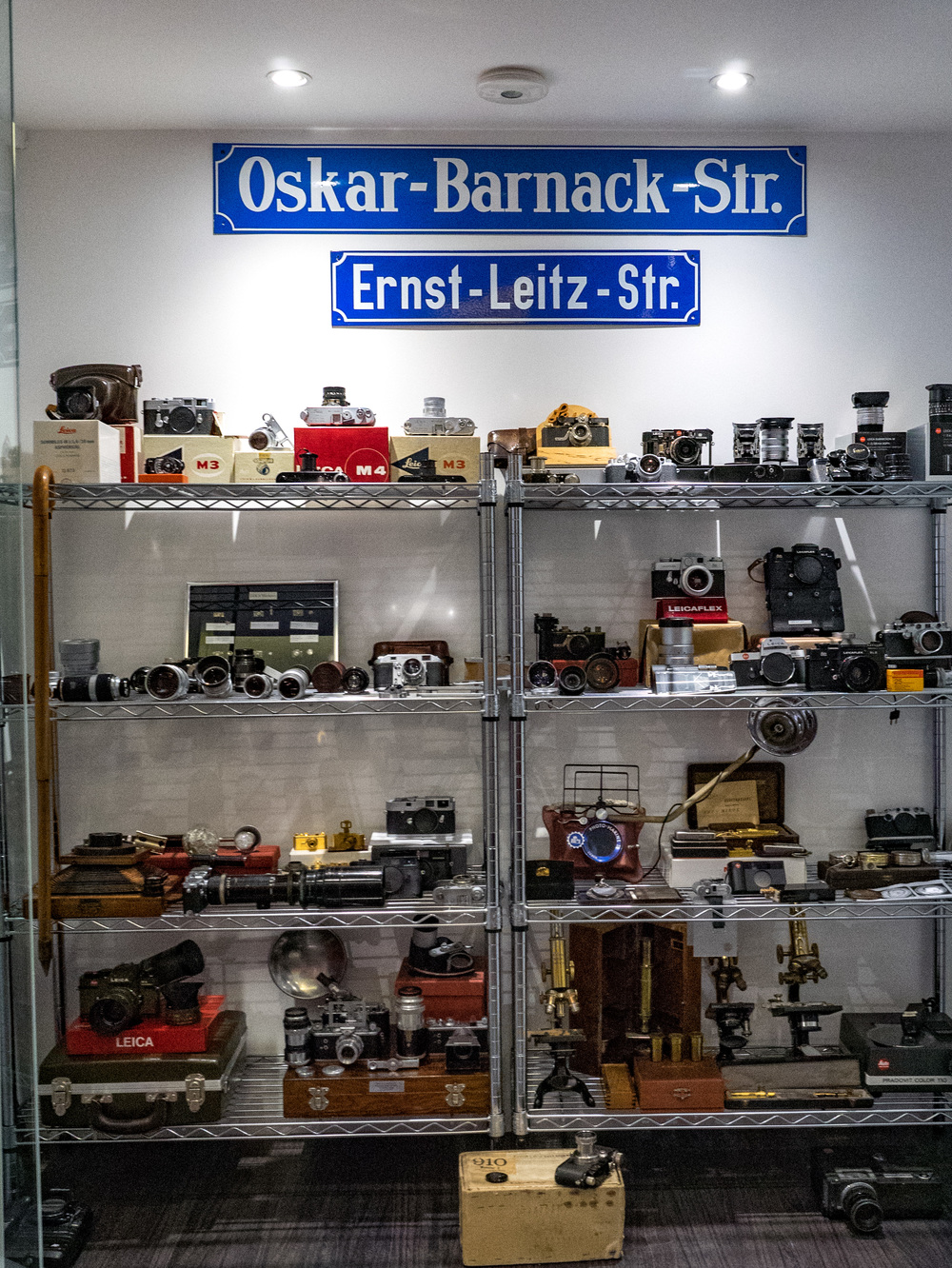
The effect of the fall in value of the pound is already hitting camera stores throughout the country. Yesterday I was chatting to Ivor Cooper at Red Dot Cameras and he mentioned that accessories, such as Thumbs Up grips from Matchtechnical and various camera straps and gizmos, have jumped by up to ten percent purely as a result of the exchange rate. He’s lucky in one respect because Leica is one of the few companies that have not yet scheduled a price increase. But any new Leica models arriving at Photokina are sure to be priced to take into account the pound’s fall.

Other manufacturers have been quicker on the draw. Andy Sands at Chiswick Camera Centre has had a flurry of price increases and more are on the way. Nikon raised prices between ten and 15 percent on Monday and Canon is expected to add around 15 percent to lenses and eight percent to cameras at the beginning of September. There’s been no confirmation from Panasonic, but equipment is tipped to rise on September 1. Sony has added around 20 percent already and Fuji prices are expected to rise by around ten percent during next month.

Since almost all photographic equipment is imported, these increases will be felt across the board during the next month or two. Established British manufacturers such as Billingham can feel smug; not only can they retain their retail prices in this country, their bags are now around ten percent cheaper to foreign buyers.
Ivor Cooper has noticed a marked increase in individual purchases from abroad, with Europeans in particular picking up bargains while British prices are currently so appealing. There has also been a surge in interest in secondhand and vintage cameras which now look cheap to foreign buyers.
As Ivor says, though, this is a temporary boost for business. As soon as new stock comes in there are likely to be considerable increases which will make British retail prices seems less attractive to overseas customers.
Andy Sands is seeing burgeoning interest from customers who are aware of the potential price increases and want to buy up stock which, in a few months, will be seen as something of a bargain.

All this is a something of pain for the customer, particularly in the field of photography where so much gear is imported. In other areas, where there is a British alternative, the effect of the increases will be to boost sales of local products. Above all, though, the fall in value of the pound following the Brexit vote is a huge benefit for British exporters, including car manufacturers such as Nissan, Honda, Mini and Jaguar LandRover. There are two sides to every coin and there is no doubt that a cheaper pound is good for business—unless, that is, your business is entirely based on imports as is the case in the photographic world.
I suspect that the pound will creep back once the financial markets realise it is business as usual. There is a deal of overreaction in the current exchange rates and when things settle down the pressure on photographic importers could be eased. In the meantime, if you need a new camera or lens now is the time to get out your credit card. It’s also a good time to hang on to all those Leica bodies and lenses, ancient and modern, because inflation is back after its ten-year vacation.
_______________
- Subscribe to Macfilos for free updates on articles as they are published. Read more here
- Want to make a comment on this article but having problems? Please read this

I am American. I did have the pleasure of serving my country, for about two years, in Scotland. While there I developed a deep and abiding respect for the Scots, and the British people in general. I have confidence that, in the final analysis- however long it has to be delayed- considering Brexit has happened, and also considering that such a monumental thing could not happen on just the off chance of a bunch of buffoons acting completely out of reason, EU will suffer more from the split, than will UK. The only thing you have to worry about: when things do level out, and prices do start fall, government does not see that as an excellent opportunity to jack up VAT.
Thanks, Wayne and I think you are right. I try to stay off politics on Macfilos and, at the moment, nothing is more toxic than the Brexit debate. Half the country is despondent, the other half delighted. But the decision has been made and we all have to work together for the best possible outcome. It’s no use continuing to pick over the bones of the big debate. Nothing seems to have changed except the fall in the value of the pound and, frankly, that is actually quite welcome because it was overvalued before. It’s good for the country, despite fuelling inflation
‘Swings and roundabouts’ or ‘slings and arrows’, whatever way you look at this, you cannot ‘buck the markets’ as Mrs Thatcher once famously said. Most camera manufacturers have had Dollar-zone, Euro-zone and Sterling-zone prices but the last named may be subject to ‘going rates’ while the post-Brexit adjustment works its way through the markets.
Some years ago when Sterling was very over-valued on a ‘like for like’ basis, it was considerably cheaper for UK customers to buy from the Euro-zone but there still seems to have been a preference among UK consumers to buy at home from a ‘bricks and mortar’ supplier even though they were paying a lot more for the privilege. There were obviously strong ‘reassurance’ factors at play. In recent times, even before the Brexit decision, UK prices had come down to a more sensible level compared to Euro-zone prices, but all of that has been changed now.
One cannot predict how long the post-Brexit currency re-adjustment will take. What was it that Keynes said about the ‘long run’……? The only thing that can be predicted is that prices will always be more sticky in a downward direction than they are in an upward direction.
William